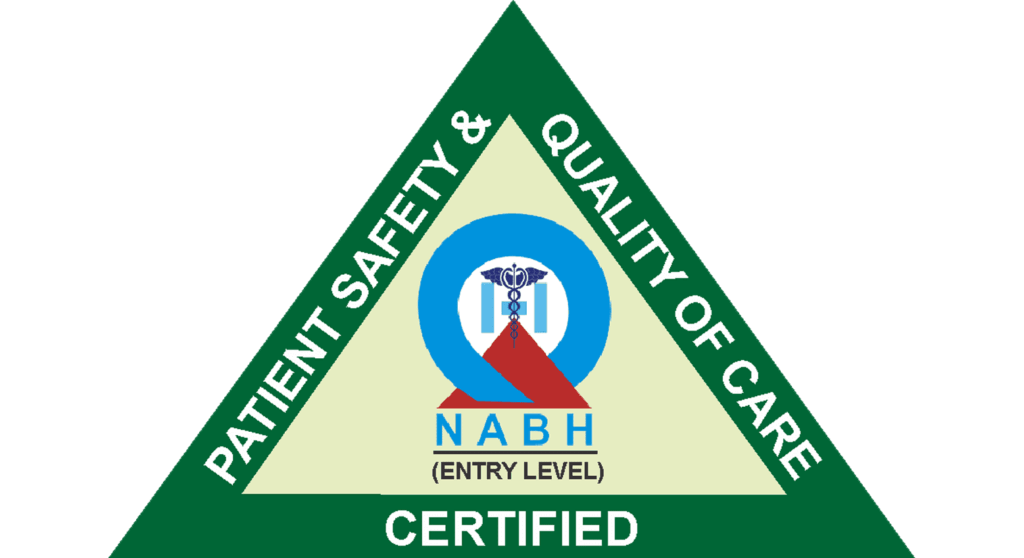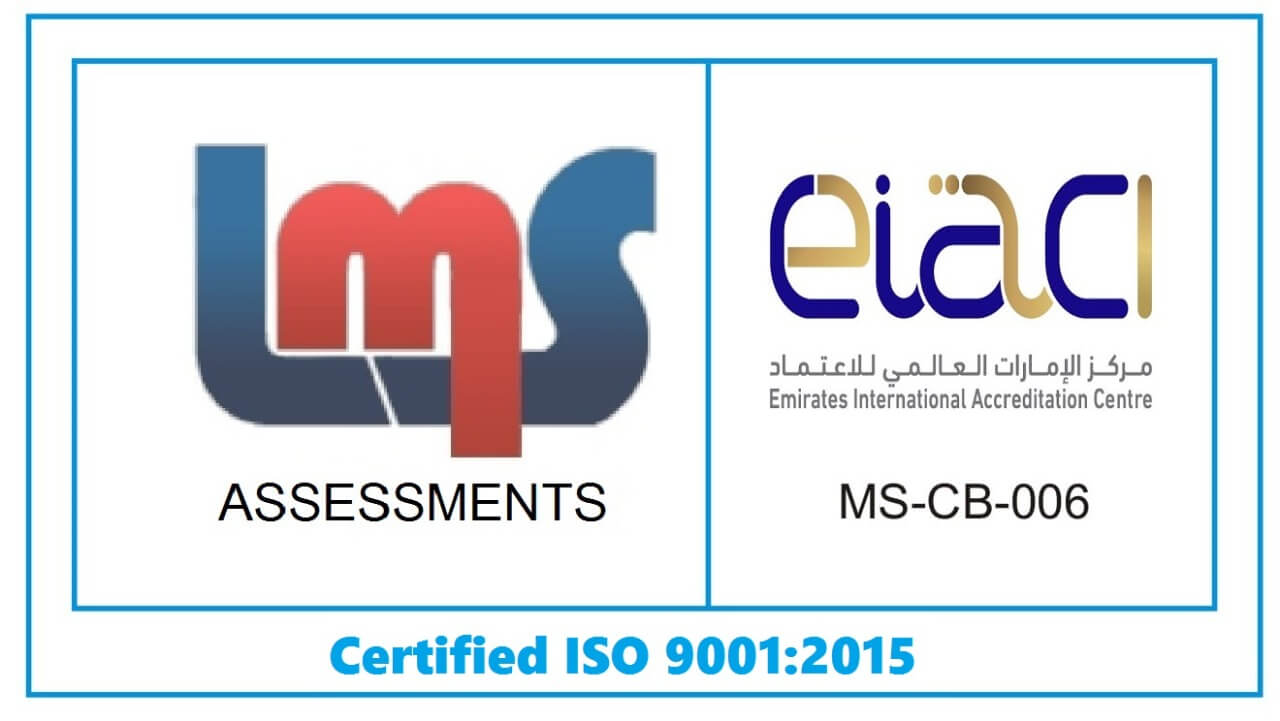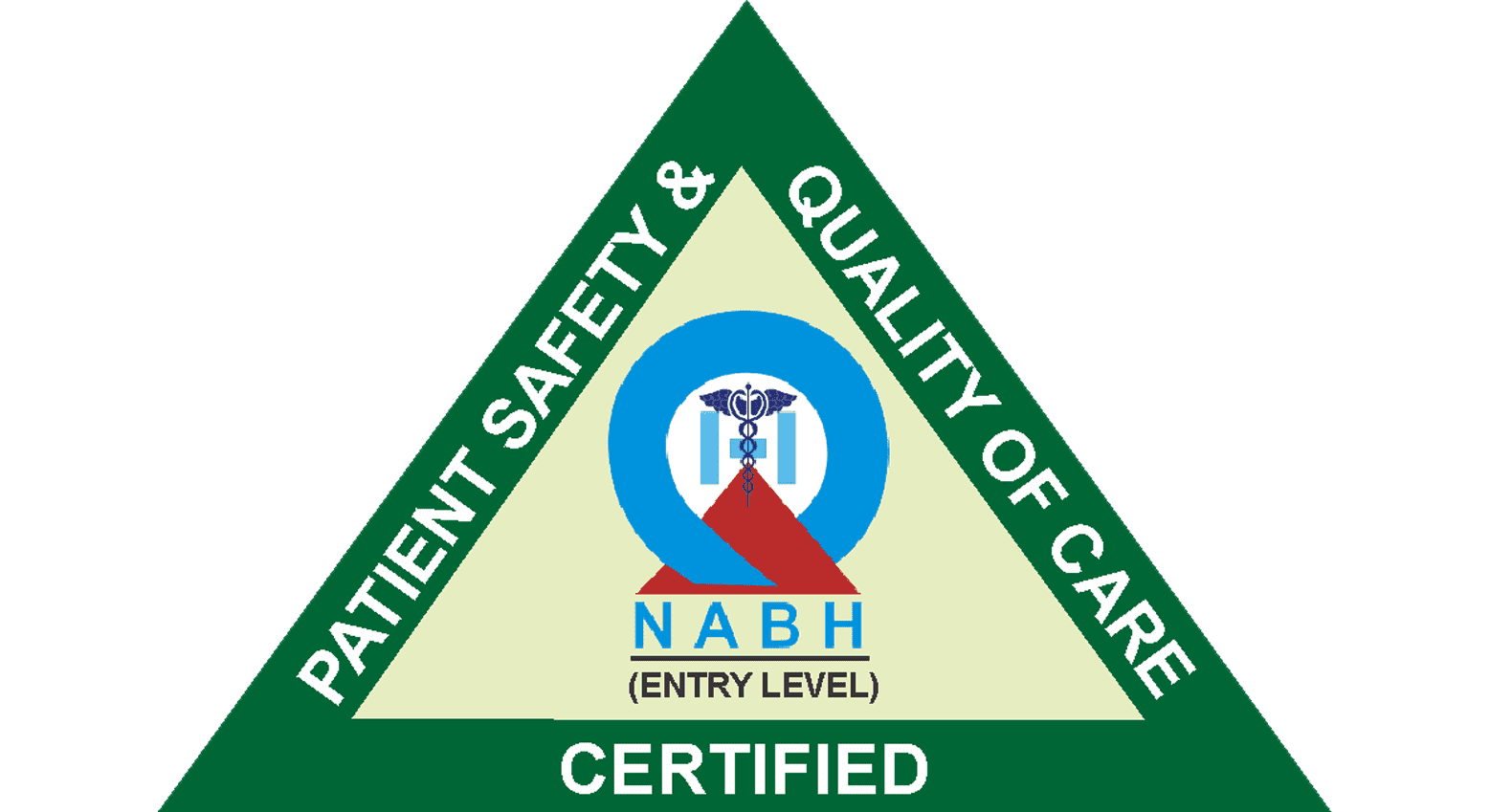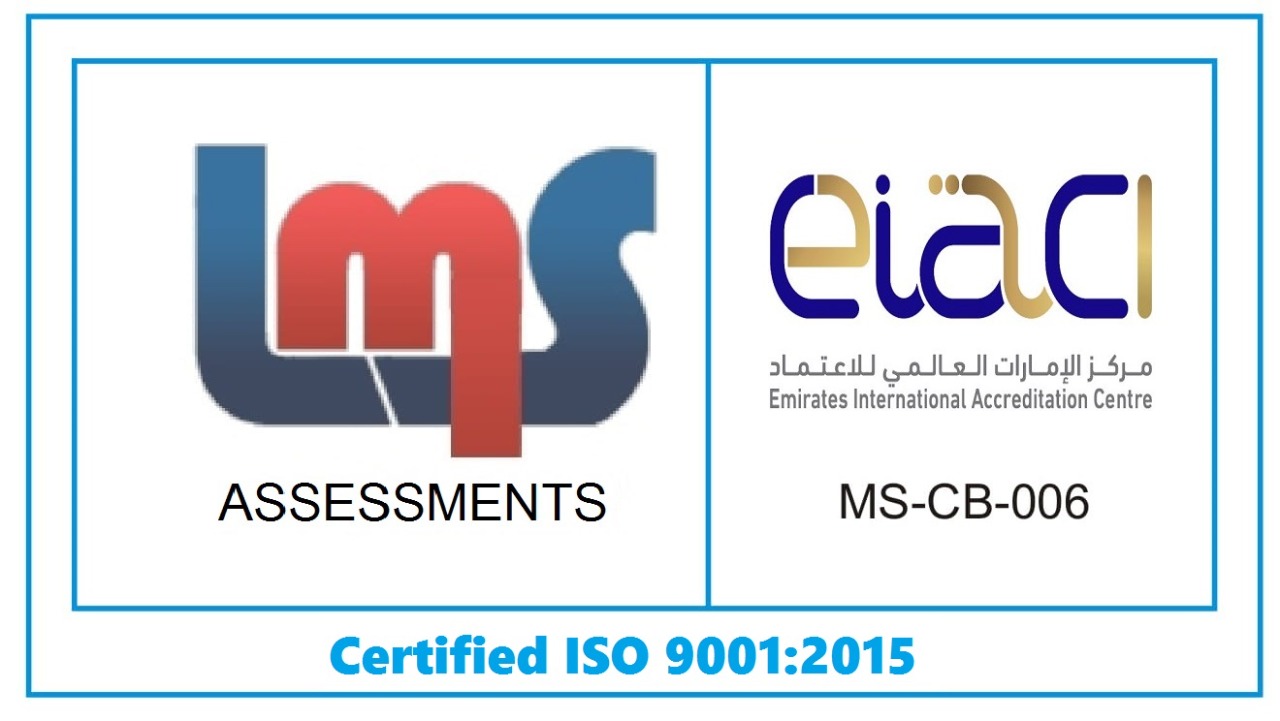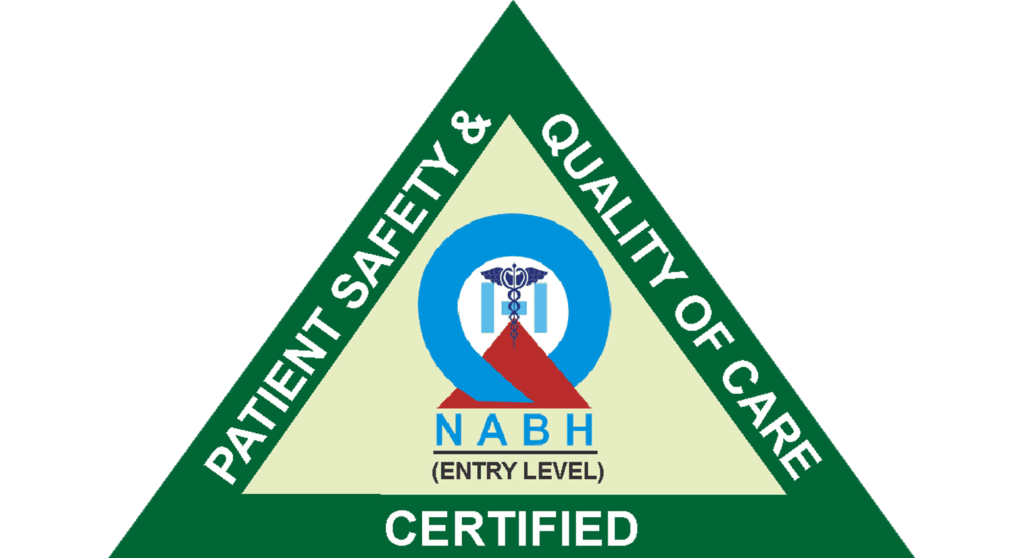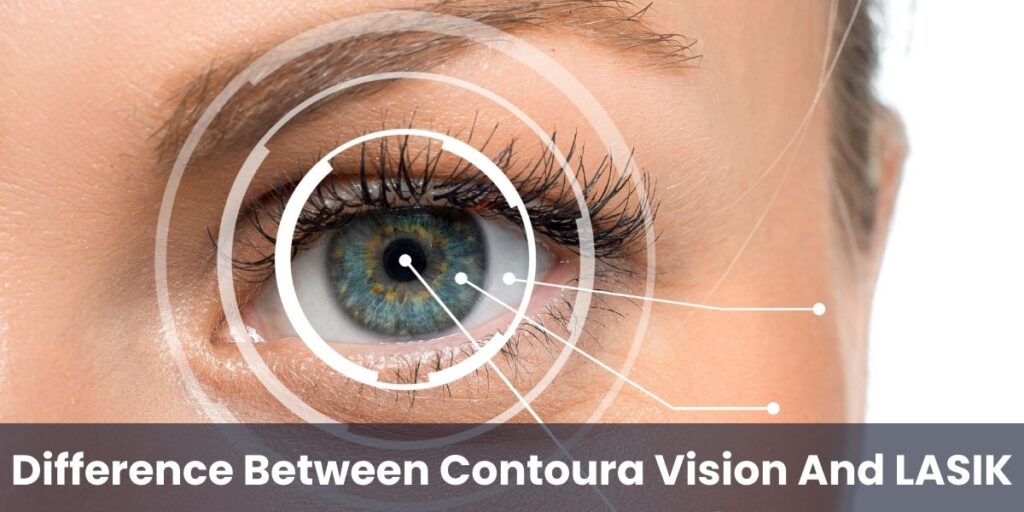
Are you tired of squinting at the world through blurry glasses or fiddling with contact lenses? Laser vision correction surgery becomes an appealing solution, but the range of options can be complex and perplexing. Patients often wonder which one of the two popular procedures, Contoura Vision and LASIK, is better. Stay on the line with this blog for an enlightening journey as we explore the subtle difference between contour vision and LASIK eye surgery, which can help you chart a course to achieve optimum clarity of sight and comfort.
What is LASIK?
LASIK has become a pioneering treatment for many eye problems, such as nearsightedness, farsightedness, and astigmatism affecting millions of people around the world that have an impact on their daily lives and require surgical correction. The aim of LASIK is reflected in its acronym which can be fragmented into: Laser-Assisted (utilizing laser technology) In Situ (within the cornea) Keratomileusis (reshaping the cornea). This surgical method is designed to correct refractive errors by reshaping the cornea which allows the light to focus precisely on the retina.
LASIK Procedure
- The first step is to create the cornea flap, which has traditionally been done with a microkeratoma blade, but advances have led to femtosecond laser being used for an even more accurate and safer approach.
- This flap is like a hinged door and reveals the cornea’s tissue underneath.
- The excimer laser is a key player in achieving precision, which sculpts the cornea with incredible precision.
- This laser will remove microscopic amounts of corneal tissue to change the curvature of the cornea. In the case of nearsightedness, the cornea is flattened, in the case of farsightedness, the cornea is straightened, and in the case of astigmatism, the irregularities are corrected.
- Through this reshaping, the light entering the eye is converged precisely on the retina to ensure restoration of vision.
- The corneal flap is repositioned to act as a protective bandage that fosters healing.
- LASIK is found to be an apt choice for those seeking freedom from spectacles or contact lenses, the reason can be its effectiveness, quick recovery, and long-lasting results. However, this procedure may not be suitable for all patients, a comprehensive preoperative evaluation and consultation with eye specialists is necessary to assess an individual’s eligibility and vision needs.
What is Contoura Vision?
The evolution of laser vision correction has been a groundbreaking development with the introduction of Contoura Vision, a revolutionary procedure designed to overcome the limitations of traditional LASIK and address corneal irregularities. Traditional LASIK, while effective, has some drawbacks, leading to the need for more advanced solutions.
Contoura Vision distinguishes itself by using topography-guided technology to tailor corneal reshaping. Contoura Vision uses advanced mapping techniques to create a customized corneal profile for each patient, unlike conventional LASIK, which offers a one-size-fits-all approach. This detailed mapping allows for a more precise laser ablation, which leads to improved vision correction outcomes.
Contoura Vision Procedure
- First, the unique contours of the cornea are mapped using topography-guided technology, which is able to detect even subtle irregularities.
- This information is used to guide the laser ablation process in which corneal tissue can be precisely removed.
- Accuracy is ensured by the use of a femtosecond laser, which enhances its overall effectiveness.
- Following the contoura vision procedure, patients undergo a recovery period. Recovery timelines vary from one patient to another, but a number of patients show marked improvement in their vision shortly after the surgery. Postoperative care shall follow the guidelines established by an eye surgeon, including the use of prescribed medicines and participation in regular follow-up visits to monitor progress.
- Certain eligibility criteria must be met by individuals who are considering Contoura Vision. It is essential to weigh factors such as stable vision, good overall eye health, and the absence of certain ocular conditions that can determine eligibility. To qualify if a patient is suitable for surgery and to know the potential benefits of Contoura Vision according to his or her individual needs, a thorough preoperative evaluation shall be carried out.
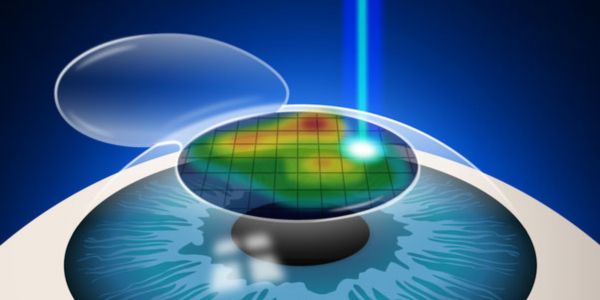
Difference Between Contoura And LASIK
LASIK and Contoura Vision, though both prominent in laser vision correction, differ significantly in their approaches and outcomes.
- Personalization: To achieve effective results for many individuals, LASIK adopts a general vision correction strategy. On the other hand, Contoura Vision’s approach takes differentiation to the next level by adjusting treatment according to individual corneal irregularities, more personalized and optimized solution is offered through this custom approach.
- Mapping Technology: LASIK relies on traditional mapping techniques. On the other hand, Contoura Vision uses topography-guided technology to allow precise and reliable mapping of cornea shapes. More detailed insight into corneal irregularities can be obtained through this advanced mapping process.
- Precision: While LASIK is known for its precision in correcting vision, Contoura Vision takes it a step further. Contoura Vision enhances precision by specifically addressing corneal irregularities, which may lead to a better visual experience in particular for individuals with subtle corneal abnormalities.
- Visual Quality: Both LASIK and Contoura Vision are trying to improve the quality of vision, but Contoura Vision is differentiating itself by focusing on even minor corneal irregularities, this meticulous approach contributes to the potential improvement of visual quality.
Careful consideration of individual needs and preferences is required in selecting between Contoura Vision and LASIK. You can refer to the difference between contoura vision and LASIK given above to select the most suitable procedure in terms of treatment personalization, approach to corneal irregularities, individual requirements, lifestyle patterns, goals, etc. If a high degree of personalization is a priority, Contoura Vision may be the preferred choice. For long-lasting results, one can choose the traditional LASIK. Contoura vision being a cutting-edge tool may entail higher treatment costs than traditional LASIK. The severity of corneal irregularities can also diagnose either of the particular procedures for vision correction.
Conclusion:
Both Contoura Vision and LASIK provide effective solutions to a dynamic landscape of vision correction. While LASIK is an established procedure, Contoura Vision adds a new dimension with the use of advanced topography-guided technology for personalized approaches. The procedure diverges into significant differences between contoura vision and LASIK eye surgery. Individual preferences, the need for precision, and the desire for a tailored vision correction experience are taken into account when deciding which of these two is appropriate. Consulting with an eye care specialist will provide valuable insights to make an informed decision for optimal visual outcomes.

